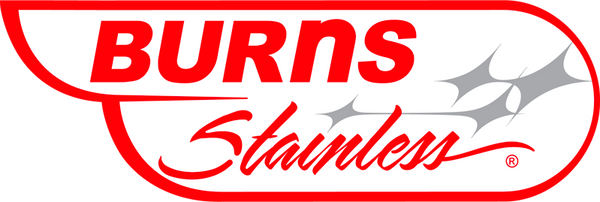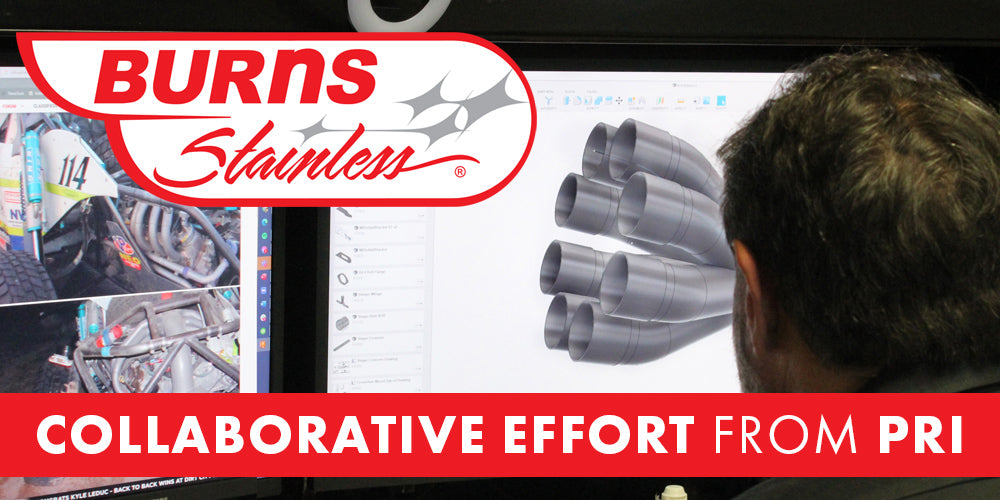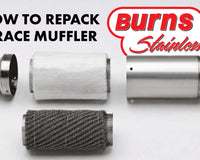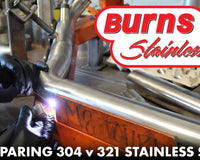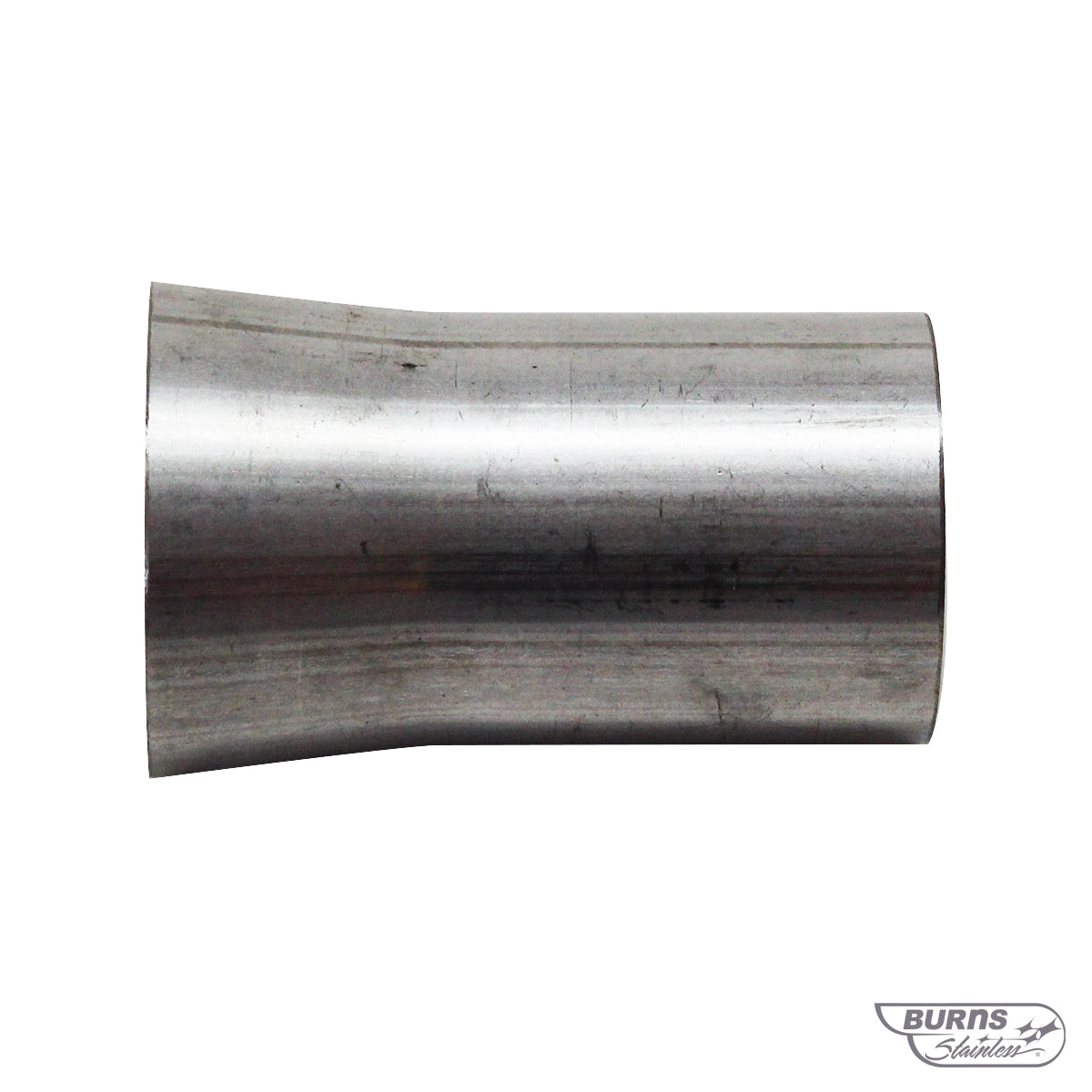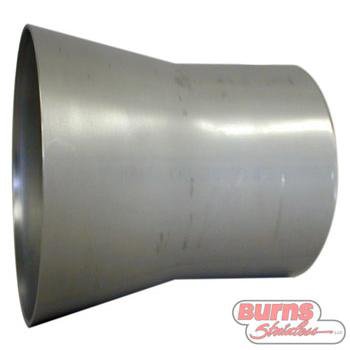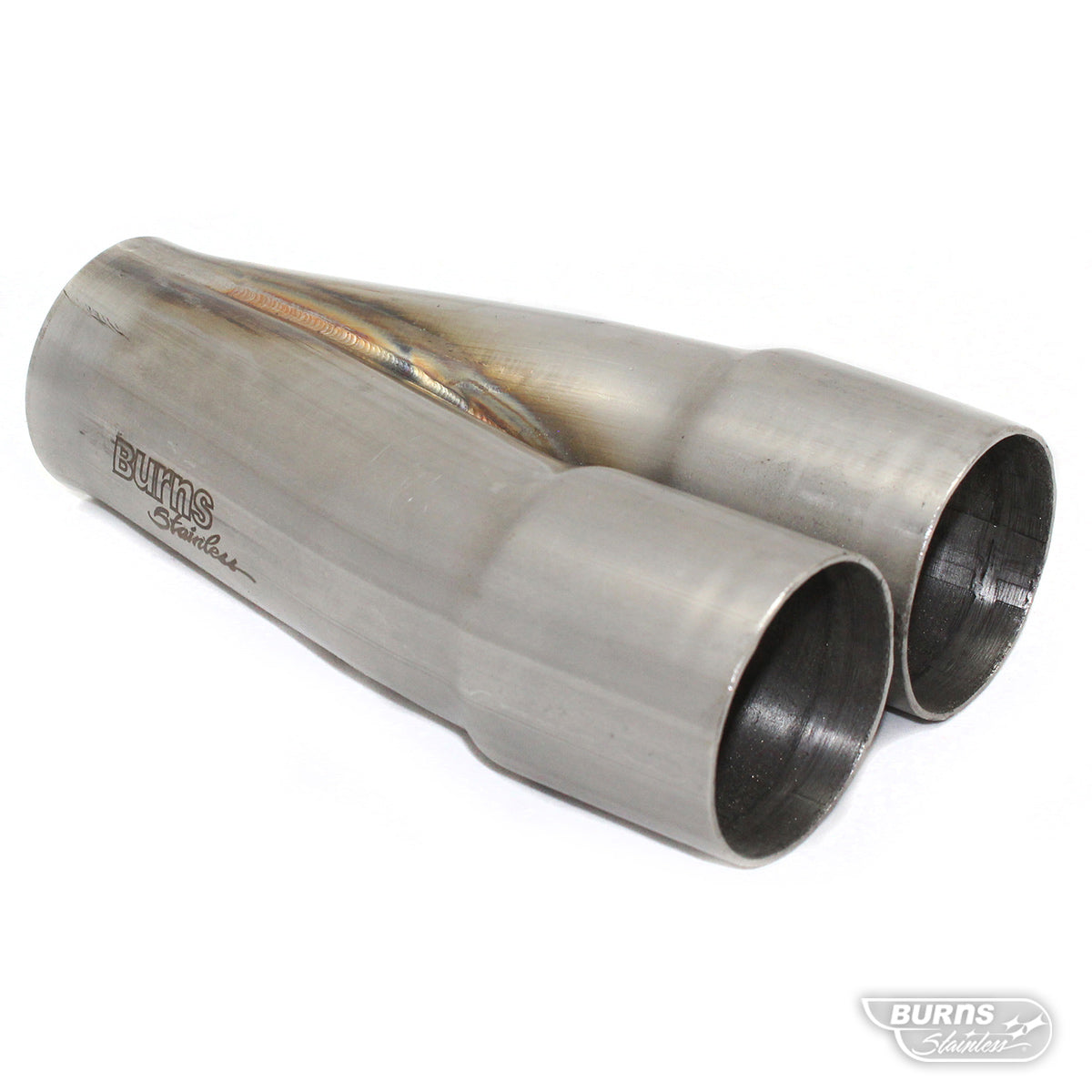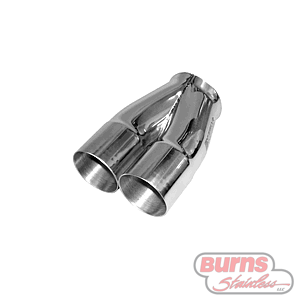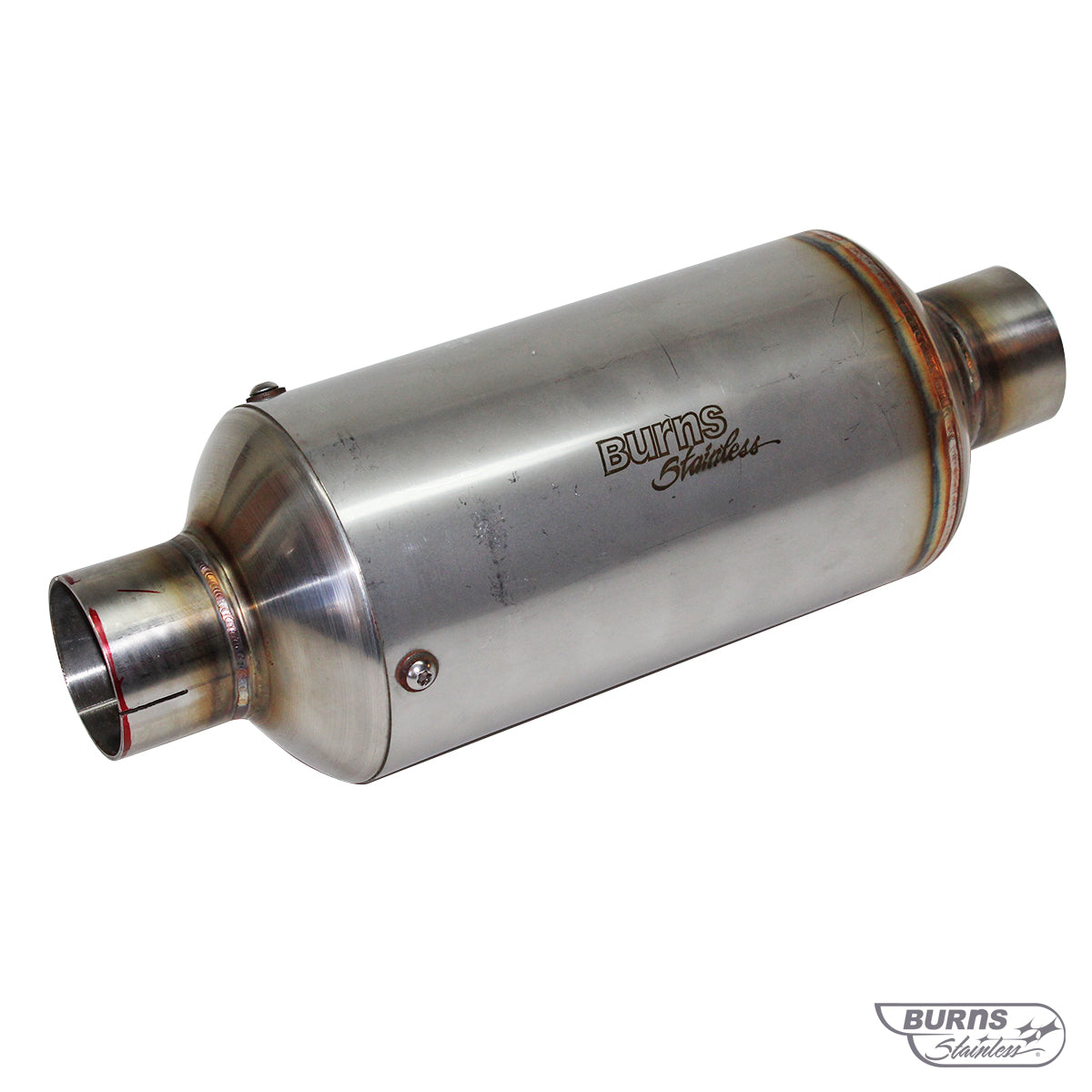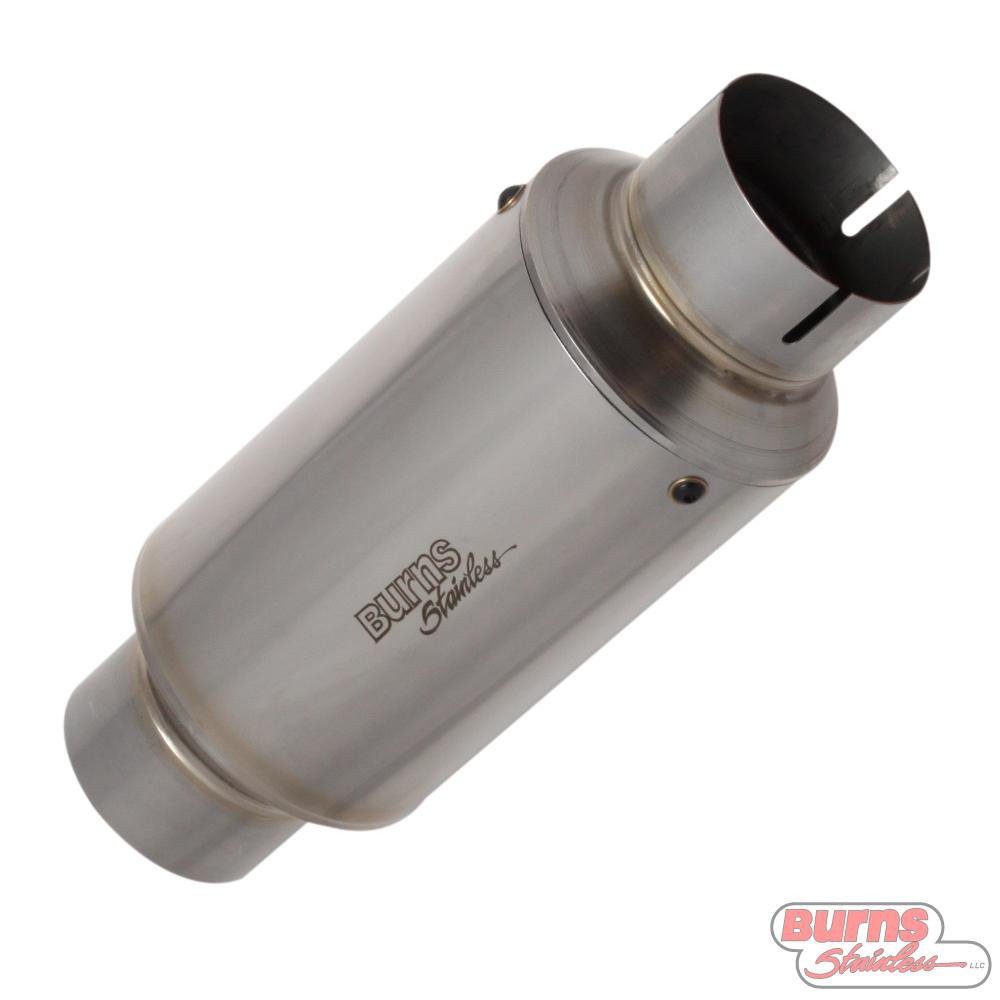Recently we had the pleasure of contributing to an article for PRI Magazine.
PRODUCING CUSTOMIZED EXHAUST SOLUTIONS REQUIRES A TEAM-ORIENTED APPROACH BETWEEN COMPONENT MANUFACTURERS AND THEIR CUSTOMERS THAT BEGINS WITH JUST THE RIGHT QUESTIONS ABOUT WHERE—AND HOW— EACH PIPE IS GOING TO FIT.
As we learn, not only is making a system FIT important but also how well they work. How much horsepower is gained or how much more of the powerband is available from the specific engine set-up.
Here are some highlights:
For a visually simple component, creating a custom performance exhaust system is first an exercise of making it fit into a precisely measured location, squeezing into a frame that could be a short-track Late Model, a dragster, or even a pro-level pulling tractor. The packaging consideration will determine which tubes, bends, and flanges that exhaust supplier presses into service for the project.
That’s not all. The operative word in this idea is “performance,” which means that the supplier—and the end customer—must have a firm idea of what the custom installation needs to help the muscle engine scream with power.
To design its exhaust systems, Burns Stainless uses a program called X-Design, which evaluates engine parameters—bore, stroke, compression ratio, cam specs, and more—to determine tube length, tube size, and collector and exhaust size. “We talk with the customer to make sure we have the proper data, and then design the header,” said Vince Roman.
At Burns Stainless in Costa Mesa, California, Vince Roman has a technology-driven technique for assuring that a custom exhaust design proposal is viable, also relying significantly on input from the intended end customer.

“Our customers are very unique,” Roman said. “We sell to customers who have custom engines installed in custom chassis, including some things from the Harley-Davidson market. Our components have to work on their unique, one-off system. There’s no dyno testing for that. But what we have done is put together a program called X-Design, which is a parametric design model. We’re looking at bore, stroke, compression ratio, camshaft specs, port sizes, power, and rpm targets. The program specifies primary tube length, tube size, whether or not to run a step header, along with collector and exhaust size. Usually, we talk with the customer to make sure we have the proper data, and then design the header.
Read the entire article here: PRI Magazine
As you can see we are on the performance side of the collaborative effort. To learn more about what we can to to squeeze more performance out of your powertrain, visit our website and fill out the Race Engine Spec Form. We will take that info and plug it into our X-Design Exhaust Modeling Program. Or simply give Vince a call at 949-631-5120 today.
